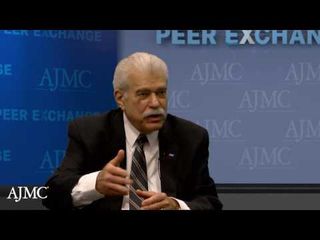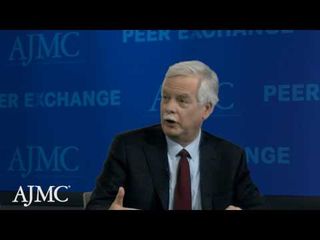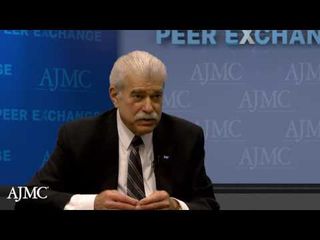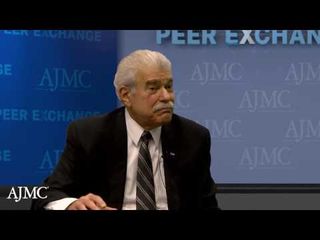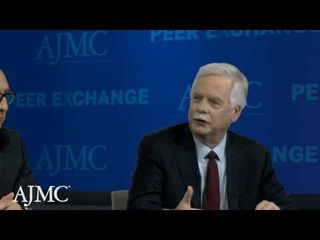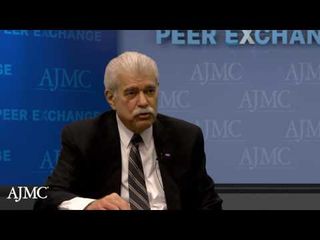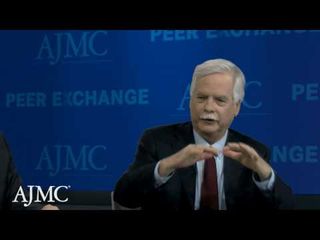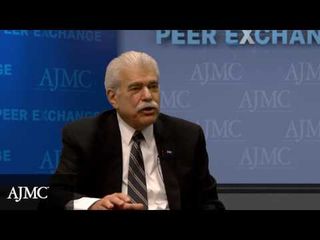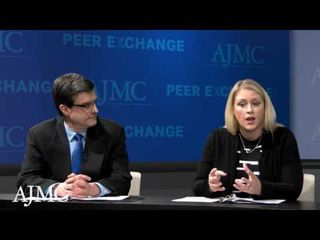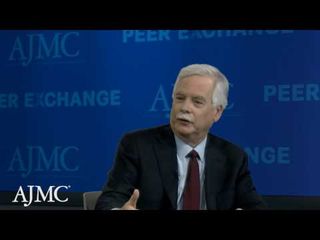
Insurance
Latest News
Latest Videos

More News

Insurer Centene strikes a deal to acquire WellCare, creating a new giant in the healthcare market; a federal jury orders Monsanto to pay over $80 million to a plaintiff whose cancer was found to be caused by a common weed killer; surgeons perform a transplant using a kidney from a living donor with HIV.

Utilization management tools and formulary designs are components of a multifaceted strategy to curb opioid overdose death rates, but they must be applied in a flexible manner, according to speakers at the Academy of Managed Care annual meeting.
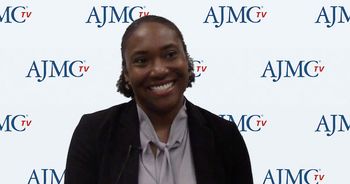
Crescent Moore, PharmD, PhD, BCPS, senior consultant, BluePeak Advisors, discusses changes to Medicare Part D expected to come in 2020 and their implications.

The Department of Justice now backs the ruling from a district court judge in Texas that said the entire Affordable Care Act (ACA) is invalidated without the individual mandate, which was removed when Congress reduced the penalty to $0.

Medical practices are leaving money on the table by not producing clean medical claims. Incremental improvement can improve cash flow and reduce accounts receivable days, important metrics to determine the health of a medical practice.

Researchers found that a prescription for healthy food can improve health outcomes for beneficiaries in Medicare and Medicaid.
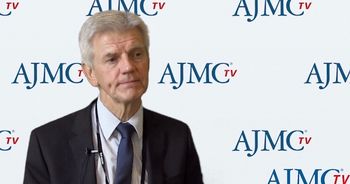
CMS’ proposal that patients be enrolled in a clinical trial or registry to get Medicare coverage for chimeric antigen receptor (CAR) T-cell therapies will help improve access, for the most part, but there is the risk that some organizations will choose not to offer this treatment, said John W. Sweetenham, MD, of Huntsman Cancer Institute at the University of Utah.

Medicaid work requirements could have a severely negative effect on hospital finances, reducing total revenues, raising uncompensated care costs, and decreasing operating margins.

Some states are rethinking how to compensate hospitals for services, using Medicare reimbursement rates as a benchmark to control costs for state employee health plans; reported cases of mumps are on the rise at Temple University in Philadelphia; the Lancet Commission outlines a new plan for worldwide tuberculosis eradication.

Social determinants of health, including stress, social support and environmental hazards, among other factors, impact the lives of patients beyond the clinic door. It is unclear which health system stakeholders should own the responsibilities of improving these health-related measures, yet US payment systems are moving to hold individual providers accountable for associated health improvements. This represents a misalignment of accountability and capability, write two researchers in a viewpoint from the current issue of The American Journal of Accountable Care®.

A session at the 68th American College of Cardiology Scientific Session continues the ongoing debate whether a CMS reimbursement model has contributed to rising mortality in patients with heart failure.
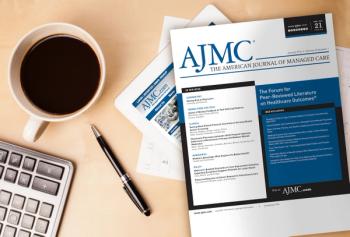
The March issue of The American Journal of Managed Care® (AJMC®) featured research on immuno-oncology costs and Medicare Annual Wellness Visits in addition to studies on the issue’s theme of Medicaid. Here are 5 findings from research published in the issue.

Coverage of our peer-reviewed research and news reporting in the healthcare and mainstream press.

The president has released his budget for fiscal year (FY) 2020, which calls for converting Medicaid to a system of block grants and requiring all able-bodied Medicaid recipients to hold a job or perform community service. The $87.1 billion allocated to HHS, a 12% cut, would include increases to federal HIV funding, but drops in global funding, as well as cuts to the National Institutes of Health (NIH).

A new study published in the latest issue of The American Journal of Managed Care® found that Medicare annual wellness visits were associated with lower overall healthcare costs and improved clinical care quality for senior patients at two of Aledade’s physician-led accountable care organizations.

In the context of 2 primary care physician–led accountable care organizations, Medicare Annual Wellness Visits were associated with lower healthcare costs and improved clinical care quality for beneficiaries.

“Medicare for Al” refers to a bill originally introduced to Congress in September 2017 by Senator Bernie Sanders, I-Vermont, with 16 Democratic cosponsors that would create a single, federal, government-administered program to provide healthcare to all US residents. In February 2019, Representative Pramila Jayapal, D-Washington, introduced the Medicare for All Act of 2019, with 106 cosponsors. This bill builds upon the legislation that Sanders introduced, with a few key differences. Here are 5 things to know about the bills.

Some patient advocacy groups opposing Medicare changes have received funding from pharma companies in the past; new techniques allow scientists to target individual cells for analysis; rural nursing homes continue to close.

A retrospective analysis of Medicare claims was used to study emergency department (ED) dispositions, specifically evaluating inpatient admissions compared with home health referrals.

House Democrats are expected to introduce a Medicare for All bill today; CMS' Center for Medicare and Medicaid Innovation is planning to unveil a new payment model for primary care physicians; and CMS, CDC, and FDA have established a task force to improve future responses to public health emergencies.
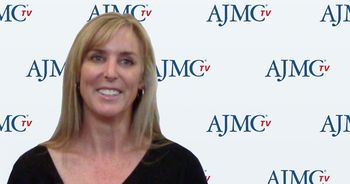
There is a lot involved if an accountable care organization (ACO) decides to switch from Medicare Shared Savings (MSSP) to Medicare Advantage, but Medicare Advantage offers more benefit design flexibility, explained Kim Kauffman, MPH, vice president of value-based care at Summit Medical Group.

National health spending will climb to 19.4% of gross domestic product in 2027, reaching $6 trillion, according to annual CMS estimates, with growth continued to be boosted by a greying population aging into Medicare.


Data published in JAMA Internal Medicine are the latest to sound the alarm on the emerging crisis in primary care.

Updates to CMS' Medicare Advantage (MA) Value-Based Insurance Design (VBID) model broaden the scope of the existing model by testing a wide range of MA service delivery and/or payment approaches.


